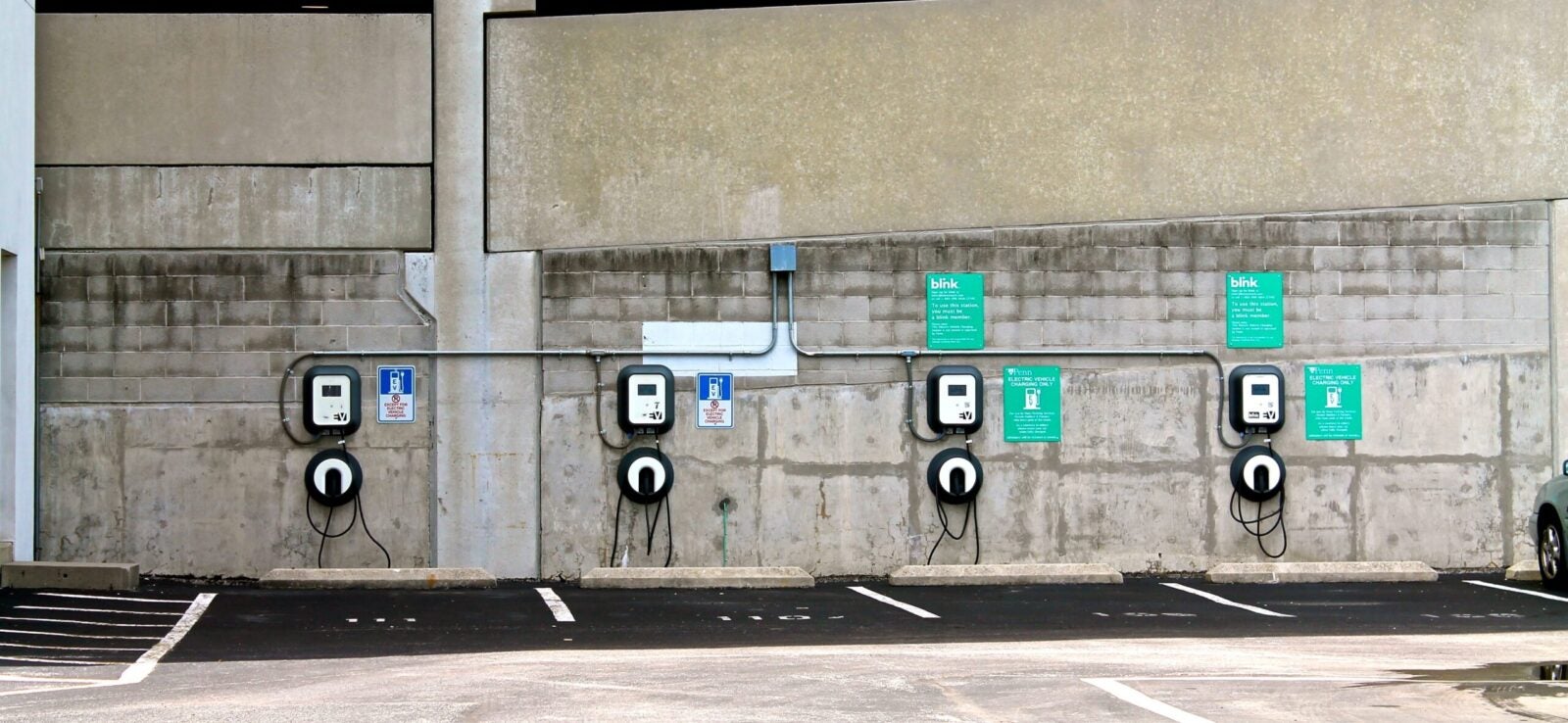The Economics of MPG Claims: Theory and Evidence
Partially funded by the Kleinman Center, Dr. Arthur van Benthem from Wharton, Dr. Sébastien Houde from the Department of Agricultural and Resource Economics at the University of Maryland, and Dr. Kenneth Gillingham study the economics of mile per gallon (MPG) claims. Car manufacturers in the U.S. are required to meet corporate average fuel-economy (CAFE) standards. These standards consist of yearly targets that take the form of sales-weighted fuel-economy averages that must be met for the entire fleet offered by each manufacturer (or by purchasing compliance credits from other manufacturers). While manufacturers and dealers are required to disclose fuel economy information via a mandatory labeling scheme, a primary mechanism for the transmission of information about fuel economy to consumers is through advertising.
This project investigates how advertising influences the demand for vehicles of different fuel economies and the overall emissions profile of the car fleet. Findings will shed light on the role of advertising in meeting tightened fuel-economy standards. One compliance channel for manufacturers would be to increase the sales of their models that over-comply with current standards. They can do this by installing fuel-efficient technology, changing suggested retail prices, but also by attempting to raise demand through aggressive advertising. A related question is whether firms advertise more when they are facing a tight and increasing fuel-economy standard. This is particularly relevant with the upcoming considerable tightening of the CAFE standards from 2017-2025.
Grant Result
The transportation sector is subject to an ever changing suite of policies to reduce greenhouse gas emissions. This is not surprising, as cars and trucks emit about 20% of global greenhouse gases, and their number is growing rapidly in developing countries. The world’s stock of vehicles has recently surpassed one billion, and there are few signs that this trend will reverse anytime soon. Transportation is therefore an obvious and visible target for regulators, who want to reduce greenhouse gas emissions.
Read the Digest
Arthur van Benthem
Associate Professor of Business Economics and Public PolicyArthur van Benthem is an expert in environmental and energy economics, exploring the economic efficiency of energy policy. He is a faculty fellow at the Kleinman Center and an associate professor of Business Economics and Public Policy at Wharton.
Sébastien Houde
Assistant Professor, University of MarylandSébastien Houde is an assistant professor in the Department of Agricultural and Resource Economics at the University of Maryland.
Kenneth Gillingham
Associate Professor, Yale UniversityKenneth Gillingham is an associate professor of economics at Yale University.



